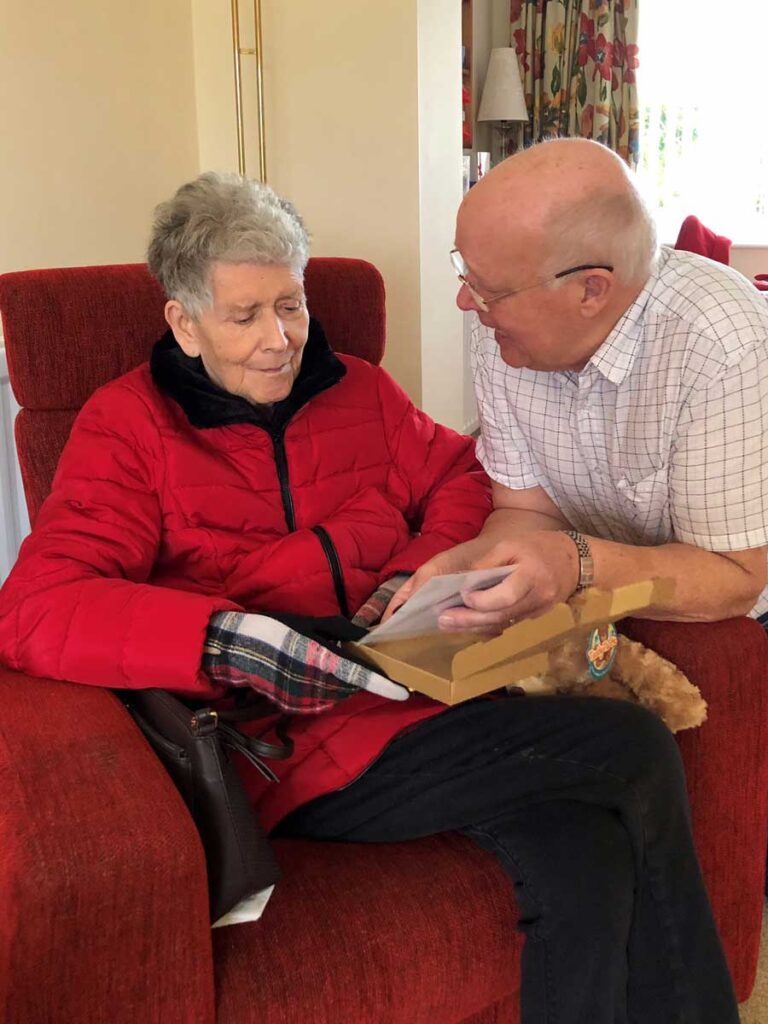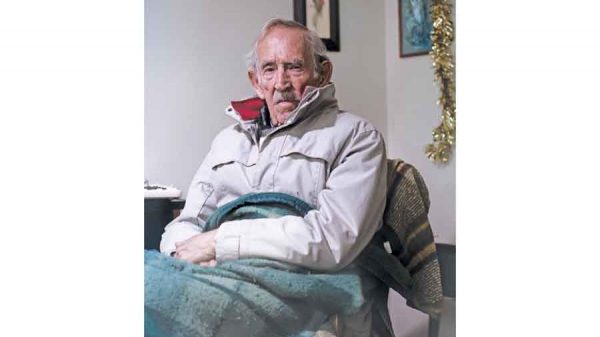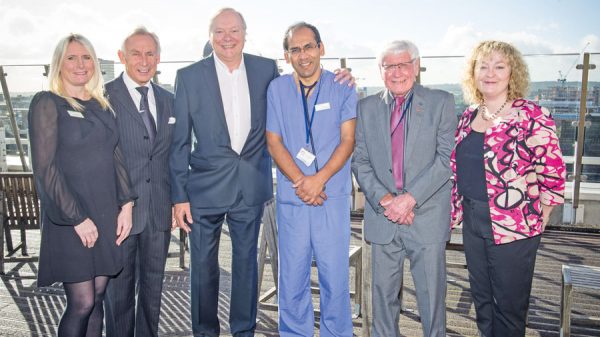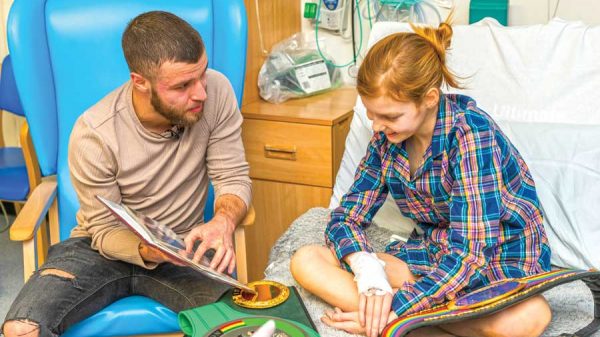A new Alzheimer’s Society survey found almost one in four (23%1) people with dementia in Yorkshire and Humber lived with the condition more than two years after first noticing symptoms, before getting a diagnosis.
The survey of more than 1,000 people with dementia and carers, also showed more than one in three (36%) respondents in the area waited between one and two years.
The main reason for delay according to 68% of respondents in Yorkshire and Humber, and 42% nationally, was that they assumed the symptoms were just part of getting old1, preventing them from accessing treatment, care and support sooner.
In a bid to tackle the problem, Alzheimer’s Society has today launched a new campaign – ‘It’s not called getting old, it’s called getting ill’ – to encourage people worried about their own or their loved ones’ memory to seek support in getting a diagnosis.
The charity has worked closely with leading clinicians to make the diagnosis process easier, developing a new ‘symptoms checklist’, available on their new online hub, highlighting changes that might be due to dementia.
In an emotional film, the charity shows how the symptoms of dementia, such as asking the same question repeatedly, can easily be dismissed as a sign of old age.
Judith King, Head of Services for Alzheimer’s Society, said: “Asking the same question over and over again is not called getting old, it’s called getting ill. If you’re worried for yourself or someone you love, take the first step – come to Alzheimer’s Society for support.
“The stark findings of our survey released show just how dangerous it can be to battle dementia symptoms alone and put off getting help.
“Yes, getting a diagnosis can be daunting, but it is worth it. More than nine in 10 people with dementia told us they benefited from getting a diagnosis – it gave them crucial access to treatment, care and support, and precious time to plan for the future.
“With the pandemic causing diagnosis rates to plunge, it’s more important than ever to seek help. You don’t have to face dementia alone, we’re here to support everyone affected.”
Alzheimer’s Society’s survey also revealed almost a third (32%) of those in Yorkshire and Humber who were diagnosed after two years only sought a diagnosis because they had reached a crisis point – with the vast majority saying they were struggling to look after themselves.
There are 900,000 people living with dementia in the UK, including an estimated 76,130 across Yorkshire and Humber.
More than 200,000 people will develop dementia this year, the equivalent of one person every three minutes. But with diagnosis rates at a five-year low, tens of thousands of people are now living with undiagnosed dementia without access to the vital care and support that a diagnosis can bring.
Derek Brown, 71, of Northallerton, cares for his wife Margaret, 82, who was diagnosed with dementia in 2018.

He said: “I had a feeling something wasn’t right when we were driving home from Doncaster Airport after a fortnight in Spain and Margaret said to me ‘are we going on holiday?’ but I just put that down to her getting older. Dementia was simply not part of my vocabulary back then.
“She’d also been experiencing bad headaches, sometimes waking up in the middle of the night screaming, which resulted in her having an MRI scan. That’s what led to her diagnosis, so had it not been for the MRI, we would probably have waited longer.
“The problem with noticing changes in the behaviour of someone you love is that you want to ignore it. Certainly, I was frightened of labelling it as something. But with hindsight, there is a sense of relief in knowing what the problem is, even if you know there’s no cure. It meant Margaret could get treatment sooner.”
Alzheimer’s Society conducted a separate public poll which found a lack of knowledge about dementia symptoms and fear, are also significant barriers to seeking help, with 17% in Yorkshire and Humber admitting they would not recognise the symptoms of dementia3, and 15% in the area saying they would not go to the GP for a diagnosis because they were scared3.
Family and friends play a big role in helping people recognise the onset of dementia symptoms, but worryingly 47% in Yorkshire and Humber confessed they would feel uncomfortable raising concerns with a loved one if they were showing symptoms3.
Dr Jill Rasmussen, the Clinical Representative for Dementia at the Royal College of General Practitioners, said: “It’s vital for patients, their families and GPs that conversations with the potential for a diagnosis of dementia are timely and effective. The new checklist developed with Alzheimer’s Society is a simple, free tool to help patients and their families clearly communicate their symptoms and concerns during an often time-pressured appointment. This resource could make a real difference in identifying those people who require referral for a more detailed evaluation and diagnosis of their problems. We’re asking anyone who is worried about possible dementia symptoms to use the checklist and share it with their primary care team”.
Alzheimer’s Society is urging anyone worried about themselves or someone they love to take the first step and contact the charity for support. Support and more information about a diagnosis is just a phone call or a click away. Visit alzheimers.org.uk/memoryloss or call 0333 150 3456. For callers who do not have English as their language of choice, Alzheimer’s Society can arrange a simultaneous language translation service.
Dementia describes a group of symptoms that include problems with memory, thinking or language, and changes in mood, emotions, perception and behaviour. Dementia is caused by diseases of the brain and is not a natural part of ageing.







